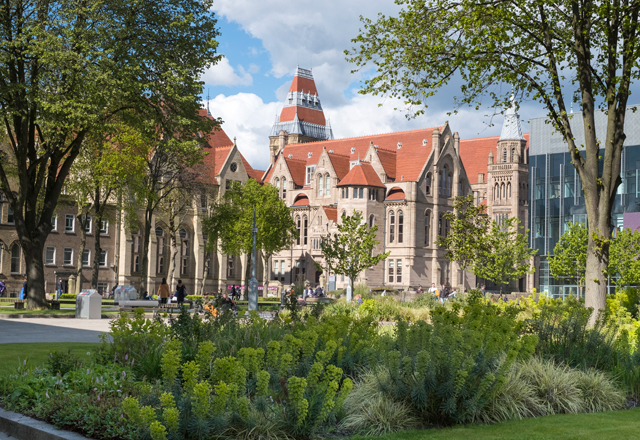Diversifying the Curriculum: Racism and Ethnicity in the UK
Written by Remi Joseph-Salisbury
I was pleased to be supported through the ‘diversifying the curriculum’ initiative for my second-year module, ‘Racism and Ethnicity in the UK’.
The module seeks to advance a commitment to social justice and intersectional antiracism, and may be seen to be in keeping with the university’s own purported commitments to equality, diversity and inclusion, and social responsibility.
Whilst the curriculum for this module already strives to be diverse, and is often remarked upon by students for its diversity, funding from ‘diversifying the curriculum’ enabled the further embedding and strengthening of this diversity. Specifically, the funding facilitated two guest lectures on the module on important topics. The first session focused specifically on ‘the racialisation of religion: Islamophobia and Antisemitism’, and the second focused on ‘nations, borders and nationalism’ – both crucial topics right now that students are keen to engage, though often lacking the opportunity.
Students commented positively on the sessions and benefited from engaging with academics who are experts in the specific areas. The session engagement, as well as the range of questions and follow ups after the session was testament to this.
Additionally, given the chronic underrepresentation of racially minoritised academics in Higher Education, and specifically at the University of Manchester, a secondary outcome of the intervention was to provide a paid opportunity for an early career scholar to gain experience – in a context where such opportunities are so often unpaid, and lacking for minoritised scholars.
The challenge, now, is sustaining the benefits of this intervention for future years, and to continue to bring more racially minoritised academics into the university as guest lecturers – whilst also pushing for the university to diversify its workforce, particularly at senior levels. Given the widely noted gap between words and actions from universities regarding social justice, this is no easy task.
The popularity of the module (particularly amongst racially minoritised students), the alignment between this module and the purported commitments of the university, and the university’s recent receipt of a silver award in the Race Equality Charter mark, make it of the utmost importance that the university continues (and expands) its work around diversifying the curriculum.







0 Comments